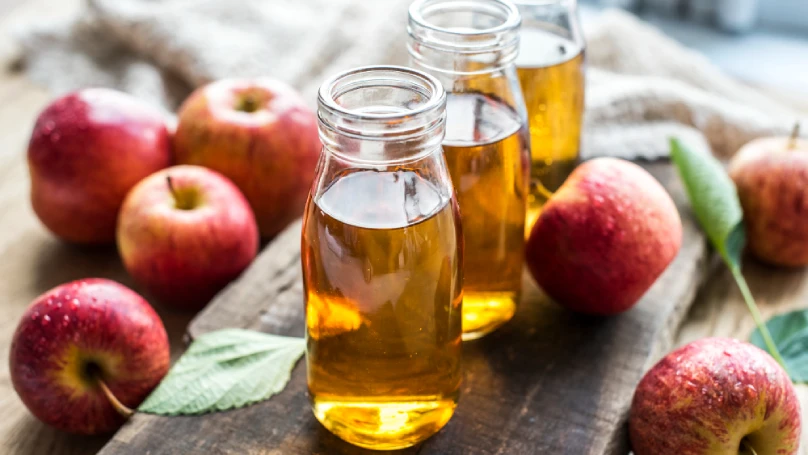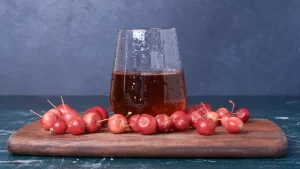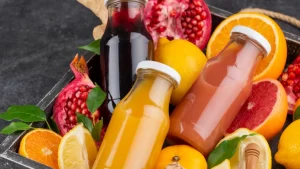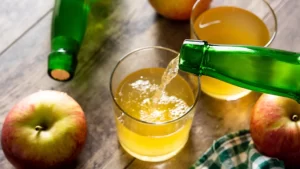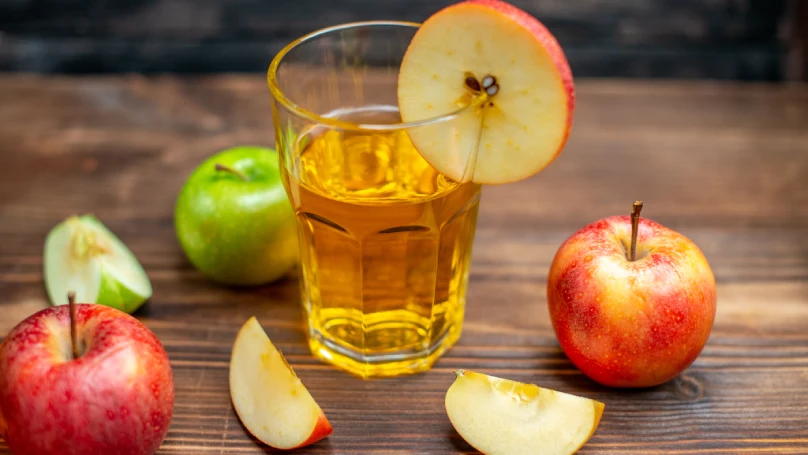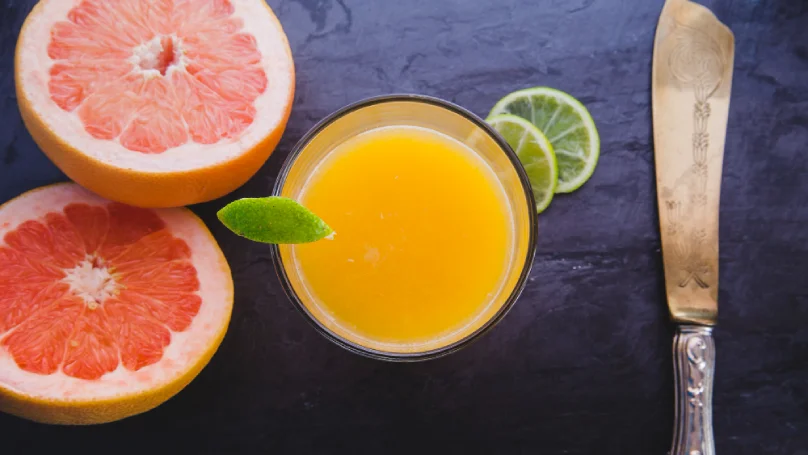Have you ever wondered how those concentrated bursts of rich apple flavor travel from orchards worldwide and into your juice boxes or food ingredients? It is a journey aided by an inconspicuous but incredibly powerful tool: the Harmonized System code. Think of it more as a universal language set for products traded internationally-an-other-wise numerical Rosetta Stone customs officials and global businesses utilize to classify marketable items. In the thick of the choreography of global commerce, these codes serve as silent partners against some challenges impeding smooth movements across borders and trade practices.
Any business that revolves around apple juice concentrate, must understand the specific HS Code (2009.79.00) due to all that it entails in dictating tariff rates and influencing trade decisions, compliance with regulations, and market strategies. Let us take a journey into understanding this code and its implications for the global trade of apple juice concentrate.
understanding hs codes
In international trade, HS codes function like a universal language through which imports and exports are equally defined everywhere in the world. The Harmonized System (HS) is an internationally standardized system of names and numbers for use in classifying traded products and is developed and maintained by the World Customs Organization (WCO). It became effective in 1988 and has subsequently come over 200 councils and economies as a base for customs tariffs and for the collection of international trade statistics.
Structure of HS Codes
The HS is logically arranged according to economic activity or component materials: one section is devoted to animals and animal products while another one contains machinery and mechanical appliances. The HS is thus organized into 21 sections further divided into 96 chapters. Each HS code consists of six digits:
- First two digits (Chapter): Indicate the chapter the goods are classified in, e.g., ’20’ for preparations of vegetables, fruit, nuts, or other parts of plants.
- Next two digits (Heading): Denote the heading within that chapter, e.g., ’09’ for fruit juices.
- Final two digits (Subheading): Specify the subheading, e.g., ’79’ for apple juice.
Organizations place great importance on HS classification. Incorrect HS classification can lead to the imposition of incorrect duties on goods, delayed clearance of shipments, and litigation consequences. Thus, proper understanding and application of HS classification will go a long way in international trade operations.

Factors Influencing Apple Concentrate HS Code Classification
This is the common code under HS for apple juice concentrate: 2009.79; however, several factors such as concentration levels can affect the precise classification, as well as subheadings. Highly concentrated forms require dilution, while others are ready to drink after minor processing. Different levels of concentration would then be allocated to slightly different subcategories. For example, think of different grades of gasoline, which all fuel; however, specific properties allow for categorization and unrelated usage.
The physical state of the product could also come into play. Is it in liquid concentrated form, frozen concentrated, or powdered form? Whereas they generally fall under the same umbrella code, the physical state in these cases may have its own specified subheading according to the national customs regulations. The example here would be water: liquid water, ice, steam, all H₂O, but with different physical states which could treat them differently in some contexts.
Navigating National and Regional Variations in HS Codes
The first six digits of the HS code are universally accepted, while countries or customs unions introduce extra digits for more specific classifications according to local requirements. The general code that identifies apple concentrate as being classified worldwide is 2009.79. However, according to the country of import, the code can be specified in even greater detail, such as 2009.79.0020, as referenced in Customs Ruling NY R02668. Local and regional variations like these are usually meant to comply with specific tariff policies and statistical or regulatory requirements.
Learn to International apple concentrate provision, your business needs to know some of these possible variations from country to country. The accuracy of declarations made in any country cannot be guaranteed simply with the six-digit international HS code. Consider a shipment you want to send to the European Union, where they have a special eight-digit CN (Combined Nomenclature) code, or the United States with the ten-digit HTS (Harmonized Tariff Schedule) code. You have to be sure that you are making use of whatever the correct code is as applied in the destination market.

In conclusion
HS Code 2009.79 details are of utmost importance to the trade in apple juice concentrate with deep repercussions on tariff rates and regulatory requirements, international trading factors, and trade decisions. The accurate classification of a product under this code guarantees conformity with international norms for trade with its principal aim being to customize strategies for a much smoother approach towards clearing customs and market expansion.
Familiarity with the intricacies of this HS code assists in maneuvering trade agreements, understanding the industrial world market in terms of duties on imports and exports, and catching up with global trends. It also helps detect hurdles and opportunities in a given industry, thereby evenly assisting in making high-level decisions and also supporting in staying competitive in the market.
To know in detail about how apple juice concentrate is produced, our article on “How is Apple Concentrate Made” might be something informative to you. It has a thorough discussion about the activities relating to apple juice concentrate production giving you very good knowledge on all the processes and technologies involved.
Tarazfoods is the largest apple juice concentrate supplier and exporter in iran and provides customers with a wide variety of products including fruit juice concentrates, purees, and Drinks exporter in iran. Tarazfoods is the primary choice for customers since they always maintain quality control and provide products of international standards.

